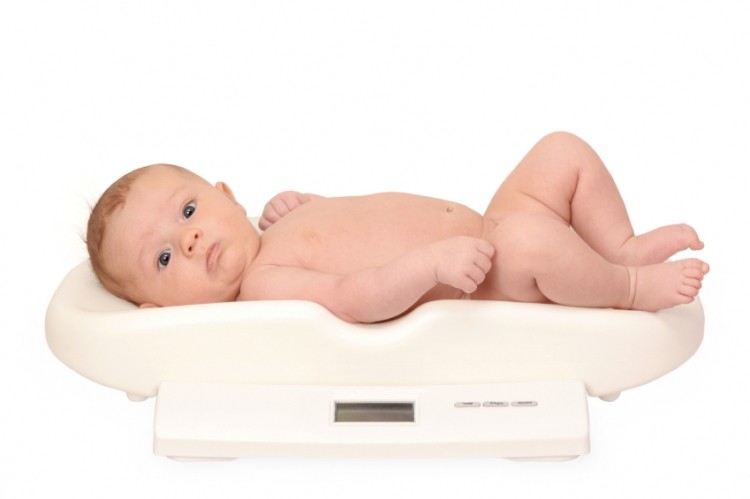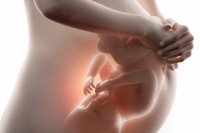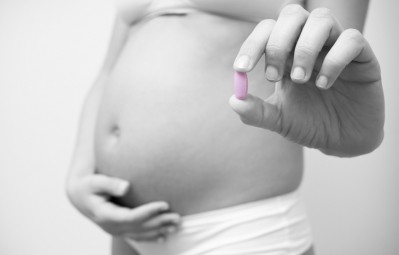Preloaded: Medical macro-nutrients show diabetic benefits

The single blind, placebo controlled study showed that the fibre, protein and macro-nutrient blend could benefit those suffering gestational diabetes, after demonstrating a significant improvement in postprandial blood glucose in 33 patients at Xinqiao Hospital in Chongqing, China.
Findings showed that subjects in the intervention group had “significantly lower” blood glucose levels two hours after meals, versus a control group.
“The present study suggests gestational diabetes as an indication for macro-nutrient preload treatment and possibly this can be a first line therapy to women with impaired glucose control during pregnancy,” wrote the researchers, in the Journal of Clinical & Translational Endocrinology.
Six is the magic number
Preload contains egg, pea protein, whey protein, omega-3 and omega-6 fatty acids, apple, rosehip and sugar beet fibre. These are mechanically processed to retain their nutrient value, and blended in a patented ratio and composition.
Since the privately-owned Swedish biotech firm was founded in 2000 its formulations have been the subject of several clinical studies investigating their ability to assist with weight management by increasing satiety as well as their impact on blood sugar levels for type 2 diabetes patients.
This study was the first to test Preload on gestational diabetes, a condition that increases the risk of complications during birth and the risk of diabetes later in life. Babies born to mothers with gestational diabetes usually weigh more than 4.5kg and have an increased risk of developing type 2 diabetes, obesity and metabolic syndrome related disorders and diseases.
Insulin alternatives
The usual treatment is general lifestyle advice, and, in more severe cases, insulin.
“We have for quite a long time believed that the right mix of nutrients can be a primary treatment for women with gestational diabetes and such treatment could eventually reduce the need for insulin,” said Gunnar Norstedt, professor of molecular endocrinology at Karolinska Instititutet in Stockholm.
An unusually high prevalence of gestational diabetes in the Chongqing region prompted this publicly-funded study.
Method
66 pregnant women diagnosed with gestational diabetes were divided into an intervention group and a control group. The intervention group was given Inzone Vitality macro-nutrient preload half an hour before meals and the control group was given a milk powder with a similar energy content.
The two groups were studied until delivery and fasting blood glucose (FBG), two-hour postprandial blood glucose (2h-PBG), delivery mode and neo-natal birth weight were measured.
FBG and and 2h-PBG were found to be significantly lower in the intervention group, compared to the control group. Neo-natal birth weight and delivery mode were not found to be significantly different.
“A macro-nutrient composition, used as a preload, is effective in controlling FBD and PBG of gestational diabetes,” wrote the researchers.
Weight for it
Although in this study, Preload wasn’t found to have an influence on birth weight, Micael Györei, CEO of Indevex, told NutraIngredients a second study was due to be published in a peer-reviewed journal shortly, in which the macro-nutrient complex was shown to have a positive effect on this parameter.
“We have just finalised another study in which the control was standard care where we have even stronger results documented also for the birth weight,” he said.
Györei also confirmed that two further studies were scheduled for September and the start of 2017.
“Right now we are in preparation for a phase IV study (usability) to be performed in Sweden at the beginning of September and a larger study to understand the potential relationship between exposure of gestational diabetes and cognitive disturbances like ADHD,” said Györei.
Source: Journal of Clinical and Translational Endocrinology
Published online May 16, 2016. doi:10.1016/j.jcte.2016.04.001
‘Effect of a macronutrient preload on blood glucose level and pregnancy outcome in gestational diabetes’
Authors: Li Li, Jing Xu, Wenyi Zhu, Rong Fan, Qian Bai, Chen Huang, Jun Liu, Zhen Li, Magnus Sederholm, Gunnar Norstedt, Jian Wang


















